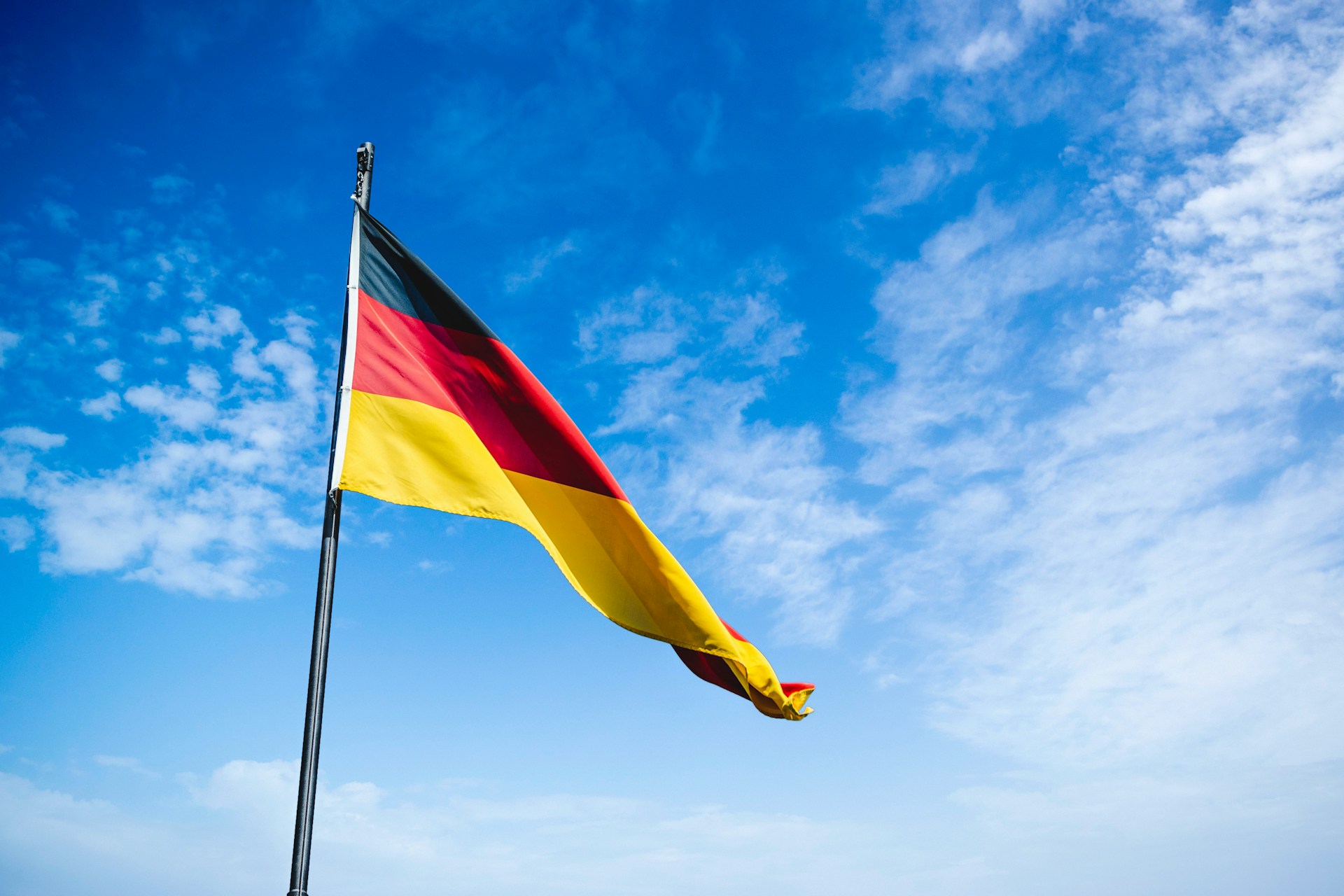
In the heart of Europe lies Germany, a country renowned for its rich history, robust economy, and vibrant cultural tapestry. German society, with its deep-rooted traditions and forward-looking modernity, presents a fascinating study of cultural identity and social dynamics. This article delves into the complexities of German society, exploring its historical background, societal norms, and the interplay between tradition and innovation.
Germany stands as a testament to resilience and transformation, navigating through tumultuous historical events to emerge as a beacon of progress and stability. The fabric of German society is woven with threads of tradition and modernity, creating a unique cultural identity that resonates both within its borders and on the global stage. Understanding German society requires a journey through its historical legacy, social structures, and the values that define it.
Historical Legacy and Influence
The historical landscape of Germany has been a significant force in shaping its societal norms and cultural identity. From the Holy Roman Empire through the Reformation, the tumult of the 20th century, to the reunification of East and West Germany, each era has left an indelible mark on the German psyche. The resilience and adaptability of the German people are mirrored in their commitment to democracy, social justice, and environmental sustainability.
Pillars of German Society
Family and Social Structure
The family unit, while evolving, remains a cornerstone of German society. Traditional roles have shifted in response to changing societal norms, with a growing emphasis on gender equality and work-life balance. The German social welfare system reflects a commitment to supporting families, education, and healthcare, underpinning the value placed on social solidarity and collective well-being.
Education and Work Ethic
Education holds a place of paramount importance in German society. The dual system of vocational training and higher education prepares individuals not just for the job market, but for their roles as informed citizens. The renowned German work ethic, characterized by diligence, precision, and efficiency, is a product of this rigorous educational foundation.
Tradition and Modernity
Germany’s rich cultural heritage, from Oktoberfest to the solemn remembrance of historical events, coexists with a vibrant contemporary arts scene and technological innovation. This blend of the old and the new is a defining feature of German society, where traditional values of punctuality, privacy, and respect are seamlessly integrated with modern attitudes towards diversity, inclusion, and sustainability.
The Role of Religion
Religion, predominantly Christianity, has played a significant role in shaping German society. The Protestant Reformation, initiated by Martin Luther, was a transformative period that influenced not only religious beliefs but also cultural and social structures. Today, Germany is characterized by religious diversity and a growing secularism, reflecting broader European trends.
Social Norms and Values
German society is underpinned by a set of core values including punctuality, directness, and a strong sense of order. These norms are not just social etiquettes but reflect deeper cultural attitudes towards responsibility, reliability, and transparency. Germans’ respect for privacy and individual space, coupled with a community-oriented approach to public life, exemplifies the balance between individual rights and social duties.
Embracing Diversity and Multiculturalism
Germany has become increasingly multicultural, home to a significant number of immigrants and refugees. This diversity has enriched German society with a wide array of cultural influences, seen in its culinary landscape, festivals, and public life. The process of integration, while ongoing, is supported by various governmental and non-governmental initiatives aiming to build an inclusive society.
Environmental Consciousness
Germany’s leadership in environmental sustainability and green technology is a reflection of societal values that prioritize conservation, efficiency, and innovation. The widespread support for environmental initiatives demonstrates a collective commitment to protecting natural resources for future generations.
German society, with its intricate blend of historical depth, cultural richness, and innovative spirit, offers a compelling model of resilience and progress. The German experience underscores the importance of balancing tradition with modernity, individuality with community, and local identity with global openness. As Germany continues to evolve, its societal norms and values will undoubtedly adapt, yet the core principles that have shaped this nation are likely to endure, guiding its path forward.
Navigating through the complexities of German society reveals a nation that is both proud of its heritage and eager to embrace the future. It stands as a testament to the power of collective memory, the strength of shared values, and the endless possibilities that arise from the fusion of tradition and innovation. As we explore the layers of German society, we gain insights not only into the soul of Germany but into the universal quest for identity, belonging, and purpose in an ever-changing world.
Related articles:
The Rich Tapestry of German Traditions
Germany’s Best-Kept Secret: The Culture and Traditions of the Sorbs
Structure of German Society
German Population
Women In German Society
Marriage and Family in Germany
Religion in Germany
